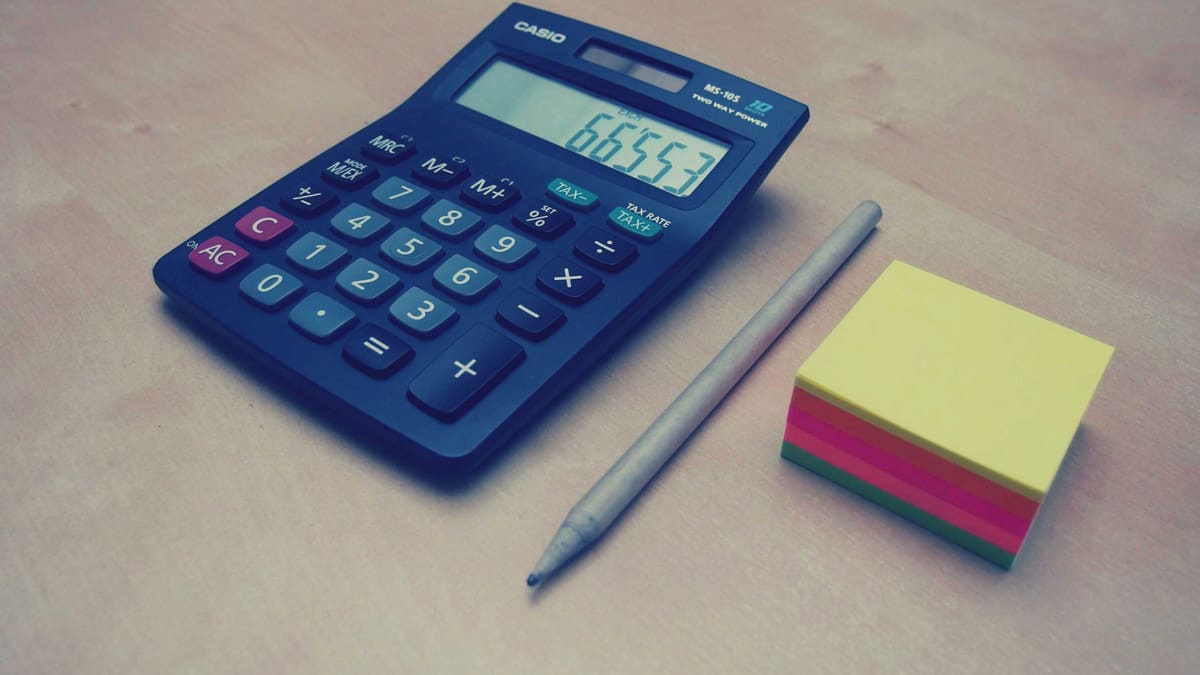Secured vs. Unsecured Loans
What’s the difference between secured and unsecured loans, and what are the pros and cons of each? Here’s what you need to know.

In addition to choosing what type of loan will best finance your business, you may also have the option of applying for a secured or unsecured loan. Let’s explore the difference between a secured vs. unsecured loan, and which one is right for your business.
Secured Loans
To protect themselves and their investment in you, your lender may require you to pledge something you own that would be forfeited if you don’t pay the loan back. This “secures” the loan and helps ensure repayment. Whatever you offer up in exchange for an asset-based loan is known as collateral. For example, if you borrow money in order to purchase an item like a house or a car, the purchase can be used as collateral for the loan; this means you agree to give up your house or car if you stop making payments before the loan is paid back.
Your lender may require you to pledge something that you own that would be forfeited if you don’t pay the loan back.
If the asset itself doesn’t serve as collateral, you’ll have to find another asset that’s agreeable to the lender. This is frequently the case with small business loans, especially for those companies without a long track record.
What do businesses use as collateral? Real estate is probably the most common item, but it’s also the riskiest. If your business fails and you can’t meet your loan obligation, the lender will likely foreclose on your property, even if that property happens to be your home. If the value of the property (or any asset you use for collateral) isn’t enough to cover the remaining balance of the loan completely, you’re still responsible for paying off the difference.
Still, a house is usually the largest asset a borrower has, and it is the one most frequently used for collateral. Other options include inventory, equipment, cash savings, securities, and even accounts receivable.
Unsecured Loans
An unsecured loan does not require collateral; you simply borrow the money and agree to pay it back. So why wouldn’t everyone choose this type of loan? The decision depends on how much money you need to borrow, what you’re borrowing it for, and who you’re borrowing the money from.
Because there’s no guarantee of being repaid, a lender will be reluctant to lend a significant sum of money with no collateral to fall back on, so unsecured loans are usually for smaller amounts. Unsecured loans tend to be for things like education (student loans), home improvements, or personal expenses like weddings or medical emergencies, and are rarely given for business use.
A lender will be reluctant to lend a significant sum without any collateral to fall back on, and unsecured loans are rarely given for business use.
Since there’s nothing the creditor can seize and resell to recover any losses, interest rates on unsecured loans will generally be higher than they are for secured loans. The term will usually be shorter, as well.
You’ll likely have a more difficult time being approved for an unsecured loan if you don’t have good credit. Again, a lender wants to minimize risk and be assured the loan will be paid back. If there’s no security for the loan, your track record as a borrower is the best indication of how things will go.
There are a few different types of unsecured loans, and the most common is sometimes referred to as a signature loan. As the name implies, the only security is your signature. You sign an agreement and promise to pay. These loans are available from banks, credit unions, community development financial institutions (CDFIs), and from some peer-to-peer websites online. Generally, they’re paid off in monthly installments of equal amounts.
You may not have thought of them this way, but credit cards are akin to unsecured loans. You don’t get the lump sum of cash when you’re approved for a line of credit, but you use the money as you need it based on your signature and agreement to pay it back. Because of the convenience, credit card interest rates are usually relatively high.
Weighing the Options
If you have the opportunity to choose between a secured and unsecured loan, remember to take all the variables into consideration. These will include the term length, how much you can borrow, the interest rate you’ll pay, and the possible ramifications if you default.









